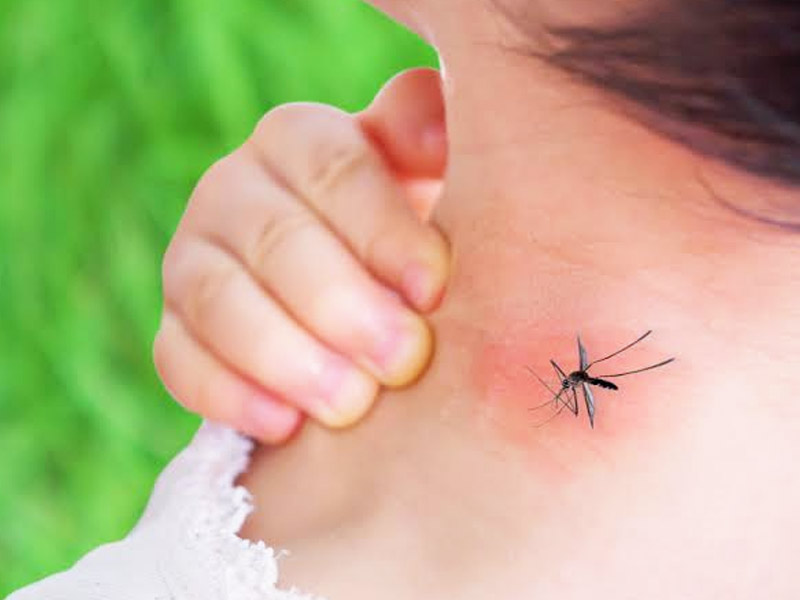
Monsoons in India are very beautiful and they give you relief from the scorching heat but these wet weather conditions also provide ideal breeding conditions for mosquitos. Increased precipitation also contributes in making spots on stagnant water. It can lead to clogging in drains, pots, coolers and even in spare tyres. These mosquitos give rise to dangerous diseases like dengue, malaria, and elephantiasis. Dengue is spreading by female aedes mosquito. It can cause high fever, rashes and low platelet count which is also accompanied by headache, body pain, nausea and vomiting. Dengue can be life threatening, hence we must follow adequate preventive measures. Read this article further to know more about it.
Table of Content:-
Prevention tips for dengue
As the weather becomes more pleasant, we start going out more often exposing ourselves to mosquitos and increasing the risk of these diseases. Here we are going to discuss about what measures should you take in order to save yourself as well as your surroundings from the spread of dengue:
1. Use mosquito repellents

We should always remember to wear a mosquito repellant when we are going outdoors especially to the park or greener areas. Nowadays, many natural repellents are available in the market which are safer option. You can also use other types of repellents like bands and cloth tags. You should use repellents only on the exposed parts of the body, except for our eyes and mouth.
2. Reduce their habitats
Reducing the habitats of mosquitos is very helpful in controlling mosquito borne diseases. If we eliminate the breeding places, the number of mosquitos will drop automatically. You should inspect your home in every 4-5 days so that there is no place for stagnant water. If you have appliances which require water, you can use larvisides like kerosene and potassium permanganate which can kill any eggs and larvae in water. You should also keep changing the water in few days.
Also read: National Dengue Day 2021: Different Kinds of Dengue Infections and Their Mode of Transmission
3. Protective clothing
Protective clothing is a great hack when it comes to mosquito bites. Nowadays, weather is quite pleasant and you should prefer wearing covered clothes specially when outdoors. It can also protect you from all other insect bites and rashes during monsoons.
4. Use mosquito bed nets
You can also use bed nets if there are mosquitos in your house. These are the safest forms for patients suffering from respiratory problems like asthama. Bed nets are cheaper and a more affordable way of saving yourself from mosquito bites at night.

5. Keep your environment clean
Keeping your environment clean is also a major factor which comes in consideration when it comes to breeding of mosquitos. We should take care that we keep the dustbins closed. You must not throw peels and shavings on the road. You should inspect your surroundings for stagnant water. Make sure to keep the water covered, if you are harvesting rain water.
Also read: Dengue: Know About The Various Stages Of Dengue And Its Symptoms
6. Be aware of your surroundings
We are aware that mosquitos breed in damp and dark places. You should take care that you try to eliminate moisture from clothes, mattresses, and others. We should keep the place well lit. We should also take care that we close the windows and doors in the house so that mosquitos do not enter. You can also plant various mosquito repellent plants like neem, tulsi and lemongrass in your garden. They release a certain mosquito repellent fragrance.
People who have more exposure should be more careful. They should adopt all the dengue prevention measures. Dengue needs proper medical care if infected. If you feel that you are experiencing high fever, rashes or any other symptoms of dengue, you should visit your doctor immediately.
Read more articles on Miscellaneous
Image credits: Makatimed
Also watch this video
How we keep this article up to date:
We work with experts and keep a close eye on the latest in health and wellness. Whenever there is a new research or helpful information, we update our articles with accurate and useful advice.
Current Version
